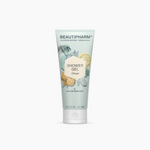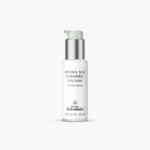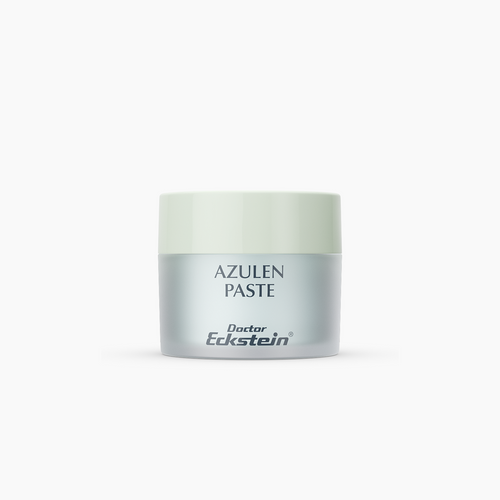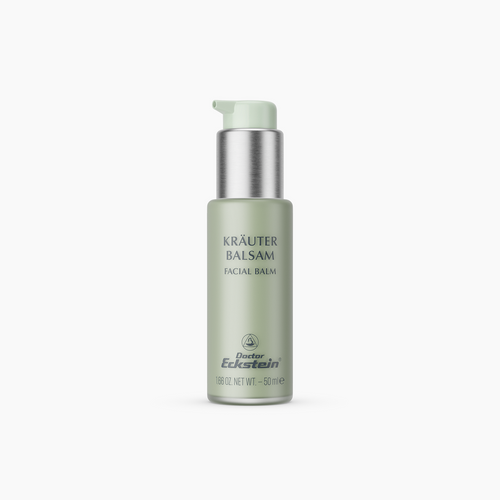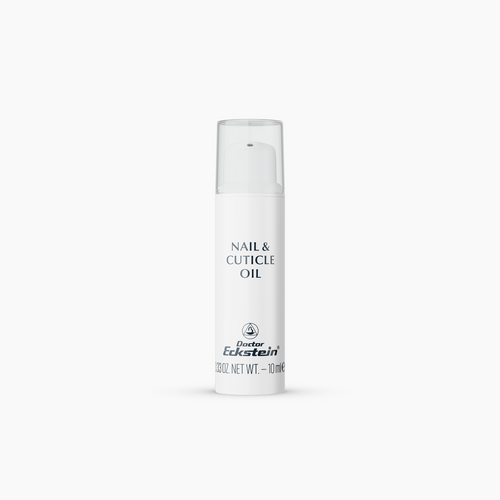My last blog talked about the importance of proper cleansing and toning. Today we’re going to look at the following skin care steps: active concentrates, eye care, and day and night creams.
Why serums?
Serums are potent active ingredient complexes. They enhance the effectiveness of subsequent skin care products and are the “specialists” for specific situations. Whether your skin yearns for soothing care, increased moisture, a vitamin boost, anti-aging support or sun protection, you can give it just what it needs with the right concentrate – either daily or as a deeper treatment as needed. For best results, apply the concentrate before your usual face cream and allow to absorb completely or massage in gently.
Concentrates contain only a small amount of oil and, consequently, do not replenish the sebum film after cleansing. For this reason, they should not be considered a replacement for face cream. Instead, they serve to relieve the temporary needs of the skin without replacing your usual skin care routine.
Ready to go: day cream
Just like with ice cream, the emulsifying system combines oil and water – a skin cream’s key ingredients – into a stable emulsion. Day creams contain the finest droplets of oil combined with water, which evaporates quickly leaving a thin film of oil on the skin that protects it without leaving a shine. You can apply the cream and start your day or wait for it to absorb completely and apply your makeup. What’s important is keeping the cream clean by using a hygienic dispenser bottle, for example, and allowing a few minutes for the skin to absorb the product before applying cosmetics.
For a radiant recovery: night creams
Nighttime is for rejuvenating. It’s the time to use an oil-rich cream with low water content. These creams form a film on the skin and provide optimum recovery. They can be shiny and many night creams work like a facial mask. It’s best to sleep on your back to allow the creams their full effect and to avoid having them end up on your pillow case.
Relish the application of your night cream. Warm it in your hands before applying it to your face, massage gently and distribute evenly.
Special care for eyes
Avoid the eye area when applying concentrates and day and night creams. Instead, use a specialized eye care product. To treat the fine, thin skin of the eye area, select a texture of choice from gel, balsam or cream. A gentle emulsion to remove eye make-up and an eye lotion round out your daily eye care routine.
The role of emulsifiers
The perceived richness or consistency of a cream depends largely on the emulsifier system used to combine oil and water. The type of oil also plays a significant role. A surprisingly minor influence, on the other hand, is the quantity of oil contained in a cream.
Emulsifiers not only combine oil and water and ensure a cream’s richness, but offer a number of additional great qualities: For example, sterol, which is included in the emulsifying system for Lanolin, strengthens the skin’s barrier and improves its suppleness. For this reason, it is an important component in products for mature skin and is frequently used as a base in medicinal ointments. Lecithins, in contrast, increase the skin’s permeability for better penetration of active ingredients and increased moisture content.
Live (and love) your personal skin care routine
As my grandfather expressed it: self-esteem is an expression of a person’s inner nature and their resilience, but also of their experience with others. It draws from the internal value we see in ourselves, as well as from the recognition and esteem we receive from others. Most people seek recognition – to appear attractive and valued in the eyes of others. This external orientation is often accompanied by a taste for the decorative. For this reason, skin care is often viewed as an act of beautification rather than as body and skin care, as a form of self-care.
We encourage you to view your skin care routine as self-care – something that strengthens you inside and out for the benefit of both body and soul.
Wishing you happy skin,
Dr. Verena Eckstein, ND
